Rebuilding Together: Specialized Substance Abuse Treatment Programs for Couples
Substance addiction is a widespread problem that affects millions of people and their families worldwide. While the consequences of addiction are typically emphasized in terms of individual suffering, the influence on relationships, particularly romantic connections, is equally important but often underestimated. Couples rehabs, which are specialized treatment programs meant to address substance misuse within the context of a love relationship, provide a distinct approach to rehabilitation. These programs stress not just individual rehabilitation but also the significance of rebuilding and strengthening relationships.
The need for specialized treatment programs for couples arises from the intricate way in which substance abuse can affect romantic relationships. Addiction can erode trust, communication, and emotional intimacy, creating a cycle of dysfunction that is challenging to break. Traditional rehabilitation programs primarily focus on the individual, often neglecting the relational aspects that are crucial for comprehensive recovery. Couples rehabs fill this gap by providing tailored interventions that address both individual and relational needs, fostering a more holistic healing process.
In this essay, we will look at the intricacies of substance misuse in relationships and the specific issues they encounter. We will look at the specific treatment programs available at couples rehabs, including detoxification, medical management, therapeutic treatments, and aftercare support. We will also examine the numerous benefits that couples rehabs provide, such as improved communication, mutual accountability, and better relationship ties. Through this investigation, we intend to bring light on the crucial role that couples rehabs play in the recovery process, providing hope and a route to a stronger, more resilient relationship.
Treatment Services for Couples 888-325-2454
Understanding Substance Abuse in Couples
Substance abuse is a pervasive issue that affects individuals from all walks of life. When it occurs within the context of a romantic relationship, the complexities multiply, making it essential to understand the unique dynamics involved. This section explores the definition and types of substance abuse, its impact on relationships, and the common challenges faced by couples dealing with this issue.
Definition and Types of Substance Abuse
Substance abuse is defined as the detrimental or dangerous use of psychoactive substances, such as alcohol and illegal narcotics. It includes a wide range of behaviors, from occasional abuse to chronic reliance. The most often abused drugs include:
- Alcohol: One of the most commonly abused substances, alcohol addiction can lead to severe health and social consequences.
- Prescription Drugs: Medications such as opioids, benzodiazepines, and stimulants, when used beyond their prescribed limits, can be highly addictive.
- Illicit Drugs: Substances like cocaine, heroin, methamphetamine, and marijuana fall into this category and are often linked to illegal activities.
- Tobacco and Nicotine Products: These are legal but highly addictive and can lead to serious health issues when abused.
Understanding the types of substances abused is crucial for tailoring treatment programs that address the specific needs of individuals and their relationships.
Impact on Relationships
Substance abuse can wreak havoc on romantic relationships, creating a toxic environment that exacerbates existing issues or brings new challenges to the forefront. The impact on relationships includes:
- Erosion of Trust: Substance abuse often leads to dishonesty and secrecy, eroding the foundational trust between partners.
- Emotional Distance: The addicted partner may become emotionally unavailable, leading to feelings of isolation and neglect in the relationship.
- Financial Strain: The cost of sustaining an addiction can lead to significant financial problems, contributing to stress and conflict.
- Domestic Violence: Substance abuse is a risk factor for domestic violence, putting both partners’ safety at risk.
- Parental Neglect: When children are involved, substance abuse can lead to neglect or inconsistent parenting, affecting the entire family unit.
Common Challenges Faced by Couples
Couples dealing with substance abuse face a myriad of challenges that complicate their path to recovery. These challenges include:
- Enabling Behaviors: One partner may inadvertently enable the other’s addiction by making excuses or covering up the problem, hindering the recovery process.
- Codependency: A codependent relationship can develop, where one partner’s self-worth is tied to the other’s addiction, creating an unhealthy dynamic.
- Dual Addiction: In some cases, both partners may struggle with substance abuse, making it even more challenging to break the cycle.
- Stigma and Shame: The societal stigma associated with substance abuse can prevent couples from seeking the help they need, further entrenching them in their problems.
- Communication Breakdown: Effective communication often becomes strained, leading to misunderstandings and unresolved conflicts.
Understanding these challenges is the first step in addressing them through specialized treatment programs designed to support both partners in their journey to recovery. By recognizing the multifaceted nature of substance abuse within relationships, couples can take informed steps toward healing and rebuilding their lives together.
Specialized Treatment Programs
Substance abuse treatment for couples requires a nuanced approach that addresses both individual and relational dynamics. Specialized treatment programs are designed to cater to the unique needs of couples battling substance abuse, providing comprehensive care that promotes both personal recovery and relational healing. These programs typically encompass several key components, each tailored to facilitate a holistic recovery process.
Detoxification and Medical Management
The first stage in every successful substance abuse treatment program is detoxification. This procedure include the medical treatment of withdrawal symptoms while the body eliminates dangerous chemicals. For couples, synchronized detoxification can be critical, allowing both partners to assist one another throughout the early, sometimes difficult, phase of recovery. Medical specialists constantly supervise the procedure to ensure safety and comfort, and they may offer drugs to relieve withdrawal symptoms.
Therapeutic Interventions
Therapeutic interventions form the cornerstone of substance abuse treatment programs. For couples, these interventions are designed not only to address individual issues related to substance abuse but also to enhance the quality of the relationship. Various therapeutic modalities are employed to achieve these goals:
- Individual Therapy: Provides a confidential space for each partner to explore personal issues related to substance abuse. This form of therapy addresses underlying psychological and emotional factors contributing to addiction, such as trauma, depression, or anxiety. It empowers individuals to develop coping strategies and build resilience, which are essential for long-term recovery.
- Couples Therapy: Focuses on the relationship dynamics that may contribute to substance abuse or be affected by it. Through this therapy, couples learn effective communication skills, conflict resolution techniques, and ways to rebuild trust. The therapeutic process helps partners understand each other’s experiences and perspectives, fostering empathy and mutual support. By addressing relational issues, couples therapy aims to create a healthier, more supportive partnership.
- Group Therapy: Offers a communal environment where couples can interact with others facing similar challenges. This setting provides a sense of solidarity and shared understanding, which can be incredibly motivating. Group sessions often include discussions on common issues such as relapse prevention, stress management, and relationship building. The collective wisdom and experiences shared within the group can offer new insights and strategies for managing recovery and relational dynamics.
Aftercare and Support
Recovery from substance misuse is a continuous process that lasts beyond the first treatment period. Aftercare programs play an important role in providing couples with ongoing support and services when they return to their regular lives. These programs may involve continuous therapy sessions, support groups, and educational courses geared at sustaining sobriety and good relationships. Establishing a strong aftercare plan assists couples in navigating possible hurdles and reinforces the skills developed throughout therapy.
Couples treatment programs are specifically intended to handle the complications of substance misuse in the setting of a relationship. These programs seek to promote long-term rehabilitation for both people and their partners by including medical treatment, a variety of therapeutic modalities, and extensive aftercare.

Benefits of Couples Rehabs
Couples rehabs offer a unique approach to substance abuse treatment, recognizing that addiction often affects relationships in profound ways. By addressing both individual and relational dynamics, these specialized programs can provide several key benefits that enhance the overall recovery process.
Enhanced Communication
Effective communication is a cornerstone of any healthy relationship, and it becomes even more crucial when dealing with substance abuse. Couples rehabs focus on teaching partners how to communicate openly and honestly about their struggles, needs, and feelings. Through guided sessions and therapeutic exercises, couples learn to express themselves in ways that promote understanding rather than conflict. Enhanced communication skills not only help in resolving immediate issues related to addiction but also lay a strong foundation for long-term relational health.
Mutual Accountability
One of the most significant advantages of couples rehabs is the concept of mutual accountability. When both partners are committed to recovery, they can help keep each other on track. This mutual support creates an environment where both individuals feel responsible not just for their own sobriety, but also for their partner’s. This shared responsibility can be a powerful motivator, helping each partner to stay committed to their treatment plan and to make healthier choices. The presence of a supportive partner can also reduce the feelings of isolation often associated with addiction, fostering a sense of shared purpose and teamwork.
Stronger Relational Bonds
Substance abuse can severely strain a relationship, but couples rehabs aim to repair and strengthen these bonds. Through joint therapeutic interventions, couples are given the tools to rebuild trust, resolve conflicts, and develop a deeper emotional connection. Working together towards a common goal of sobriety can reignite the bond that may have weakened under the weight of addiction. As both partners experience personal growth and healing, they also cultivate a more resilient and supportive relationship. This renewed connection can serve as a strong buffer against future challenges, making it easier to maintain long-term recovery.
In summary, couples rehabs offer a holistic approach to treating substance abuse by addressing both individual and relational needs. Enhanced communication, mutual accountability, and stronger relational bonds are just some of the benefits that make these specialized programs an effective option for couples seeking recovery. By working together, couples can not only overcome addiction but also build a healthier, more fulfilling life together.
Find Substance Abuse Treatment for Couples Near You
Couples rehabs strive to develop a complete recovery process by combining detoxification and medical treatment with therapeutic interventions such as individual, couples, and group therapy, as well as extensive aftercare support. These programs address not just the individual components of addiction, but also the relationship dynamics that can either impede or facilitate the path to sobriety.
The advantages of attending a couples rehab are numerous. Improved communication skills enable couples to more effectively express their feelings and needs, decreasing misunderstandings and disputes. Mutual responsibility is a powerful motivator since it requires each partner to actively participate in the other’s recovery process. Furthermore, the process of working together toward a common objective helps to restore and reinforce relationship links, producing a more robust partnership capable of withstanding future challenges.
Finally, couples rehabilitation programs are an essential resource for couples grappling with drug misuse issues. These tailored programs address the individual needs of both partners, offering a path to not only overcoming addiction but also fostering a happier, more supportive relationship. Couples rehab equips participants with the tools, support, and environment necessary for long-term sobriety and relationship harmony. For more information on how couples rehab can benefit you and your partner, reach out to us today.

What are Substance Abuse Specialized Treatment Programs for Couples at Couples Rehabs?
Answer: These programs address individual addiction recovery alongside the unique challenges faced by couples struggling with substance abuse.
Who can benefit from Couples Rehab Programs offered by Couples Rehabs?
Answer: Couples Rehabs caters to couples where one or both partners struggle with addiction. Programs can also benefit couples affected by codependency or enabling behaviors.
What type of treatment does Couples Rehabs offer in their Substance Abuse Specialized Programs?
Answer: Couples Rehabs offers a combination of individual therapy, couples therapy, and group sessions specifically designed for couples in addiction recovery.
What are some of the advantages of attending a couples rehab program together?
Answer: Couples Rehabs programs promote open communication, develop healthy coping mechanisms, and rebuild trust within the relationship while supporting individual recovery journeys.
How do Couples Rehabs programs address codependency and enabling behaviors in relationships?
Answer: Therapists at Couples Rehabs help couples identify and address codependency and enabling patterns. This empowers each partner to prioritize their own recovery while fostering a healthier relationship dynamic.
What if one partner is resistant to entering a couples rehab program offered by Couples Rehabs?
Answer: Couples Rehabs offers individual support and resources to encourage hesitant partners. We understand the importance of both individuals committing to recovery for long-term success.
How do Couples Rehabs programs help couples develop healthy communication skills to navigate recovery together?
Answer: Couples Rehabs emphasizes open and honest communication. Therapists provide tools and resources to express needs, set healthy boundaries, and effectively manage conflict during recovery.
How can couples rehab programs offered by Couples Rehabs help prevent relapse after treatment?
Answer: Couples Rehabs equips couples with relapse prevention strategies. Programs address triggers, develop coping mechanisms, and foster a supportive environment for long-term success.
Does Couples Rehabs offer different types of couples rehab programs to meet individual needs?
Answer: Couples Rehabs offers a variety of programs, including inpatient, outpatient, and weekend options, to accommodate different situations and preferences.
What happens if a couple needs additional support after completing a program at Couples Rehabs?
Answer: Couples Rehabs provides aftercare resources and alumni support groups to help couples maintain progress and navigate challenges beyond their initial treatment program.
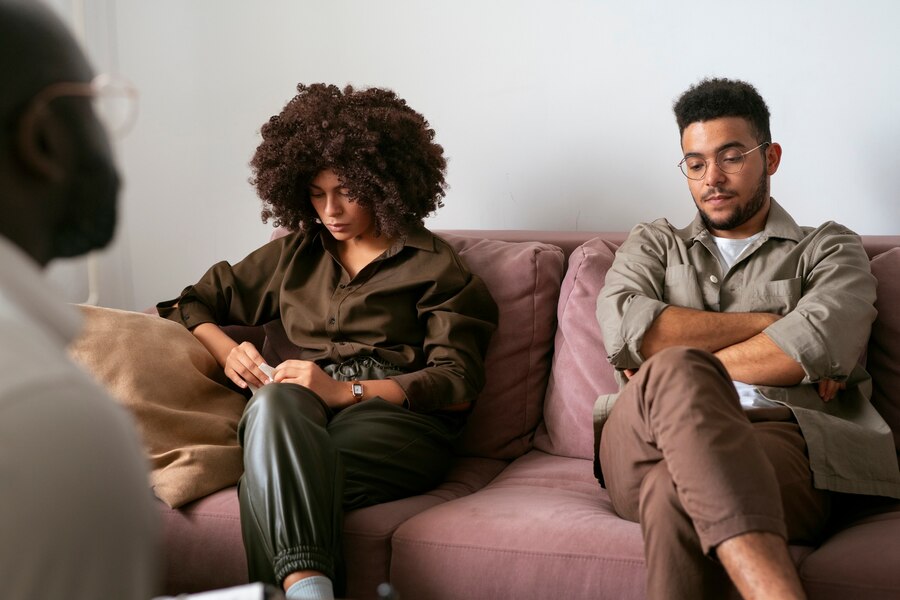
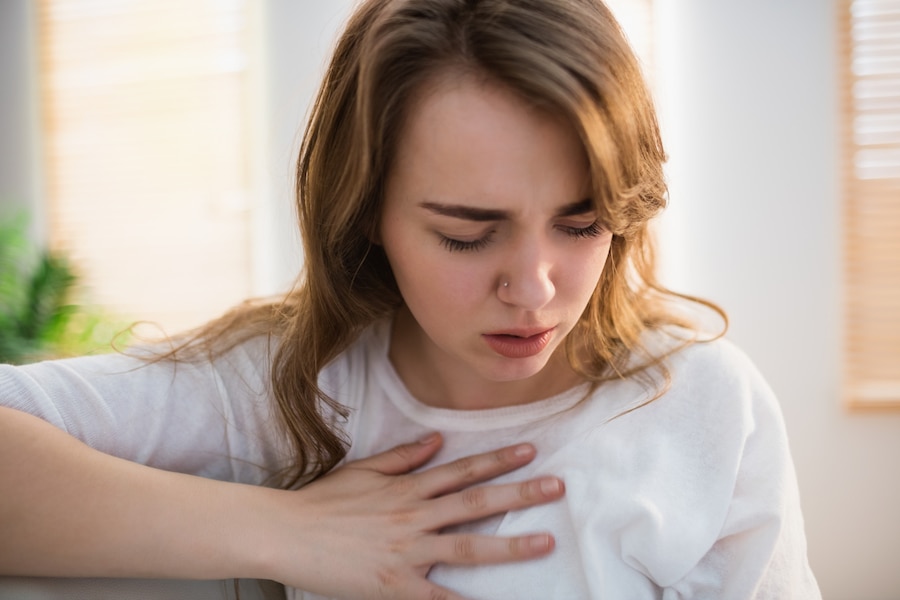
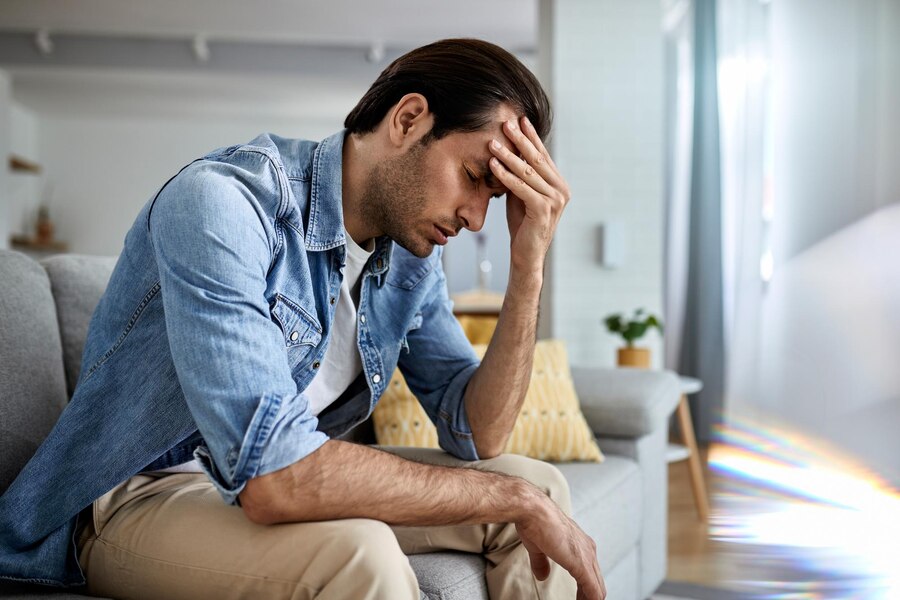


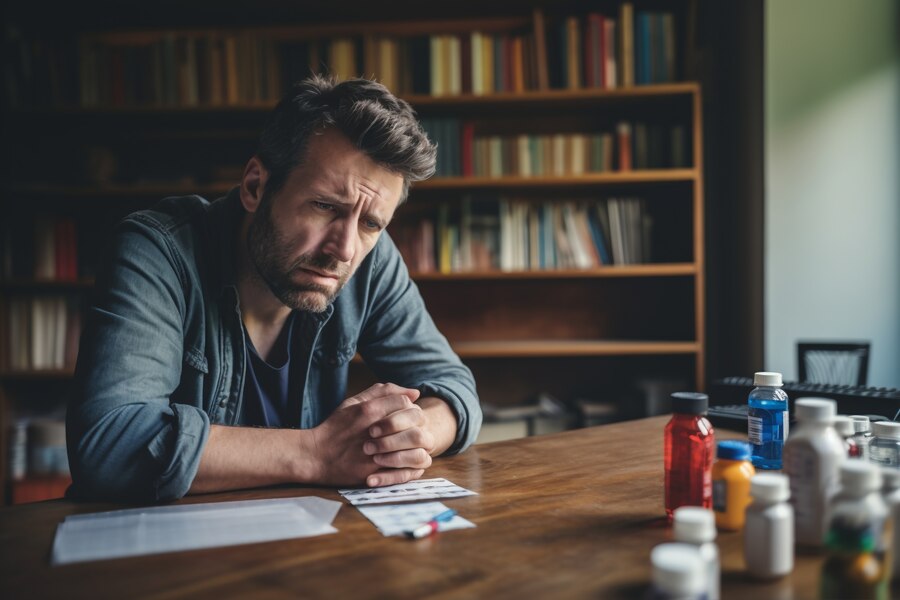
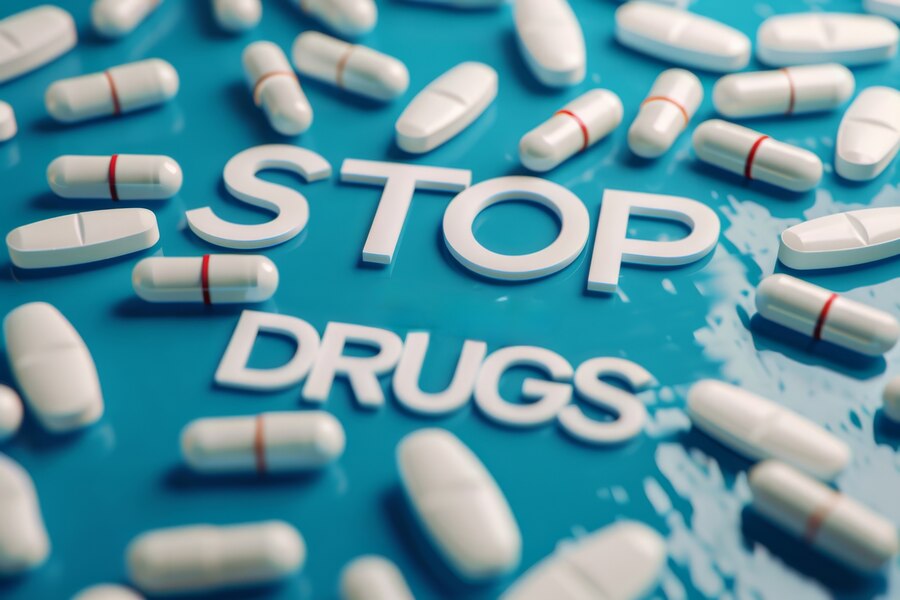

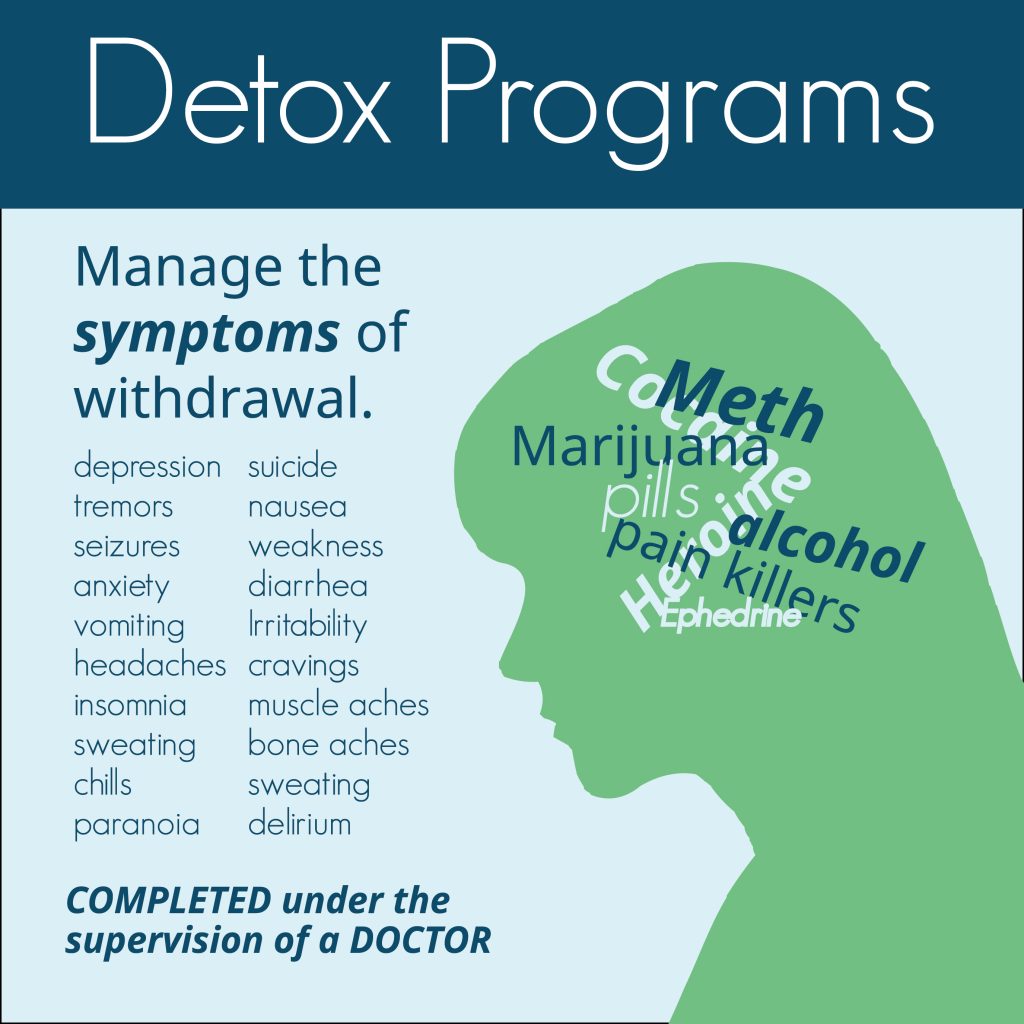

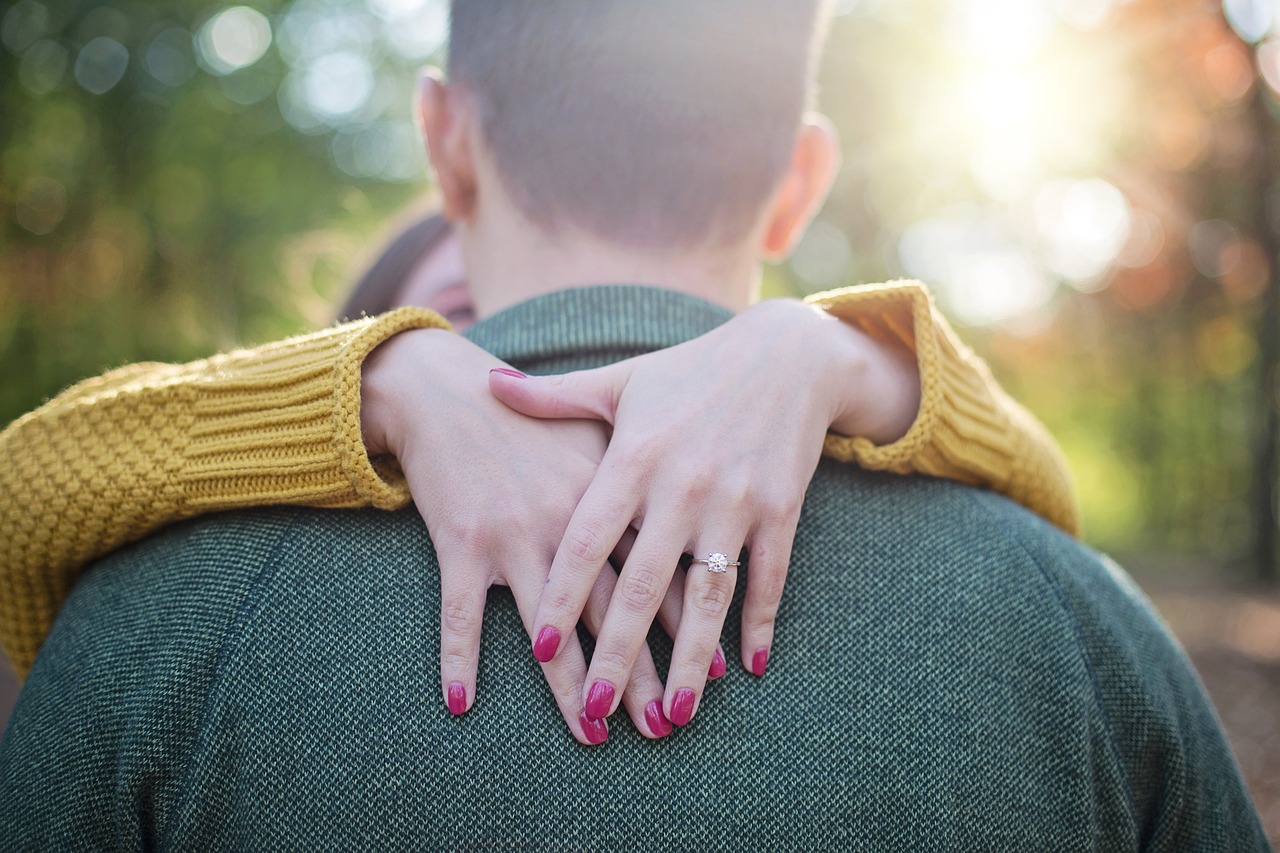


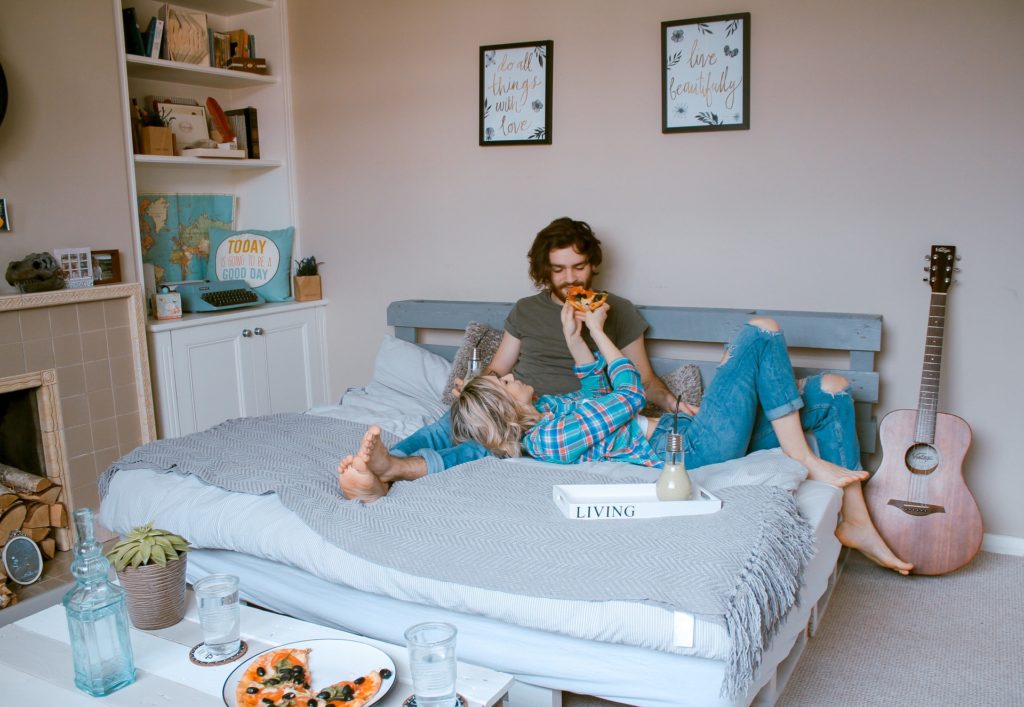

Recent Comments